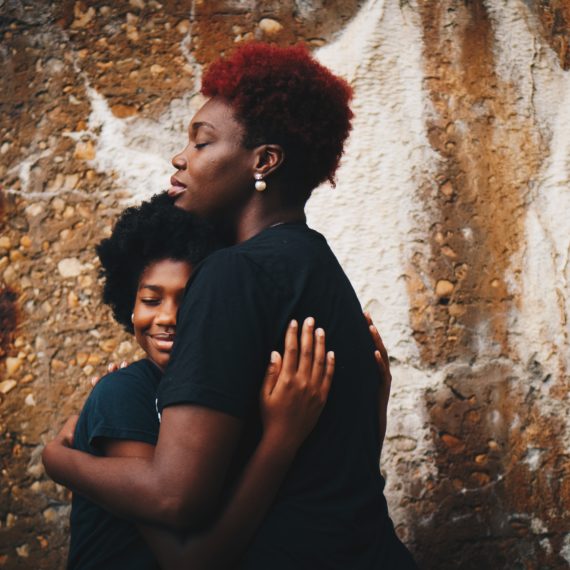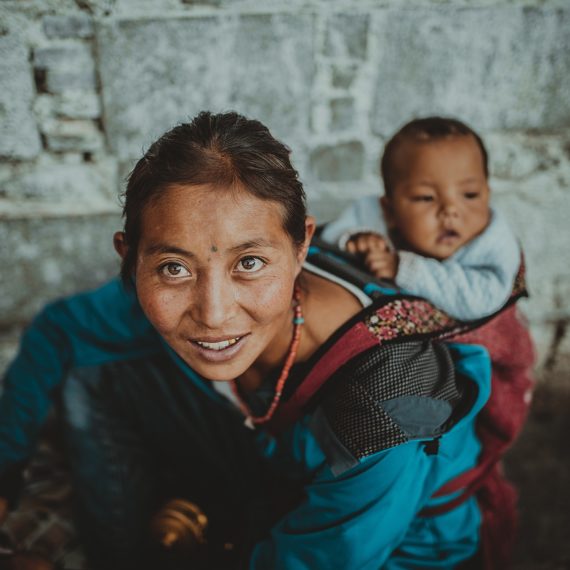
The Vision Network is an informal global network of leaders who share a vision of a society grounded in the respect of the dignity of every person, in the family as an essential institution, and in human rights and fundamental freedoms.
The challenges that our societies face in all three areas are not confined to national borders. What happens in one place may have consequences in other parts of the world. A common vision of the basic requirements of free and just societies is necessary. Although not speaking with one voice, the members of the Vision Network are individually committed to contribute to this in civil society, politics, law, and academia.
Network
Therefore, highly engaged individuals join the vision Network with three goals: 1) networking and cooperation, 2) education and sharing of good practices 3) analysis of new developments.
Above all, participants benefit from friendship and informal learning. Reaching goals requires good ideas – and good friends!
what the Vision Network does
The Vision Network is an informal network, which offers a space to exchange ideas, analyze new challenges, and present and discuss solutions. Members of the network are in regular or ad-hoc contact and are invited to a yearly Vision Network Summit.
Members of the Vision Network join their efforts in initiatives of their choice. We give great value to the wide range of differences among our participants. Such differences are based on their scope of action (national, regional, international) and on the approach to the issues they focus on (social, pastoral, political, etc). It is thanks to these differences that creative and innovative solutions to current challenges can be developed and shared by members of the network.
The Vision Network helps to increase and leverage individual efforts of our participants at a regional level.
our Charta
We believe in the inherent and inviolable dignity of the human person. Therefore, human rights and their interpretation, must recognize the intrinsic value of human life, the family, and fundamental freedoms.
We believe in the right to life from conception to natural death.
We believe that no human being has the right to judge over life or death of another. Therefore, even at great costs, we will accompany those entrusted to us in sickness and age. We consider any voluntary ending of another person’s life an injustice that should not be allowed by law.
We believe in supporting the family as the fundamental group unit of society. The family with a mother and a father is generally the best place for children to learn to live, love, communicate, and to solve problems. It is in the family that children are most likely to experience unconditional love.
We believe that the solid protection of freedom of religion, conscience, and expression is a necessary condition for democracy. Some of our participants represent faith-based organisations. We consider this a valuable asset.
We are committed to civilized dialogue and respectful treatment of other opinions than our own. We reject intolerant methods of the radical left or right, such as defamation, ideological colonization of the political agenda, or the shutting down of a serious public debate on the past, present, and future of our continents.
We believe that the bodily reality of men and women carry meaning. Human identity is a complex interplay of physical and metaphysical reality, as well as cultural and social influences. Men and women are equal in dignity and rights, yet different and complementary.
We believe in education as a basic human need and that parents are the primary educators of their children. The state should not only respect, but also actively promote the freedom of education of parents, including in matters of sexual education.
While the state has an assisting role and an obligation to protect children from abuse, malnutrition, or other grave misconduct of parents, it is bound to neutrality regarding moral values or religious convictions taught in the family.
We believe that the human being aspires naturally to goodness, beauty, and truth, and that seeing these is key to a happy life. It is the role of politics to enable and encourage the pursuit of happiness.
Coordinators
A small team coordinates the Vision Network in each region. All coordinators serve in a private capacity as volunteers without remuneration.
Currently, these positions are held by the following people:
Europe:
Sophia Kuby, Austria
Željka Markić, Croatia
Latin America:
Katharina Rothweiler, Mexico
Rossana Muga, Peru
Regions


Vision Network America Latina
contact us via
Vision Network Asia
contact us via
Vision Network Europe
contact us viajoining the Vision Network
Every leader who agrees with the Vision Network Charter and comes recommended by a current member can apply for membership. Acceptance of membership is subject to the decision of the coordinators. You can apply for membership here:
Contact
contact@visionnetwork.online






